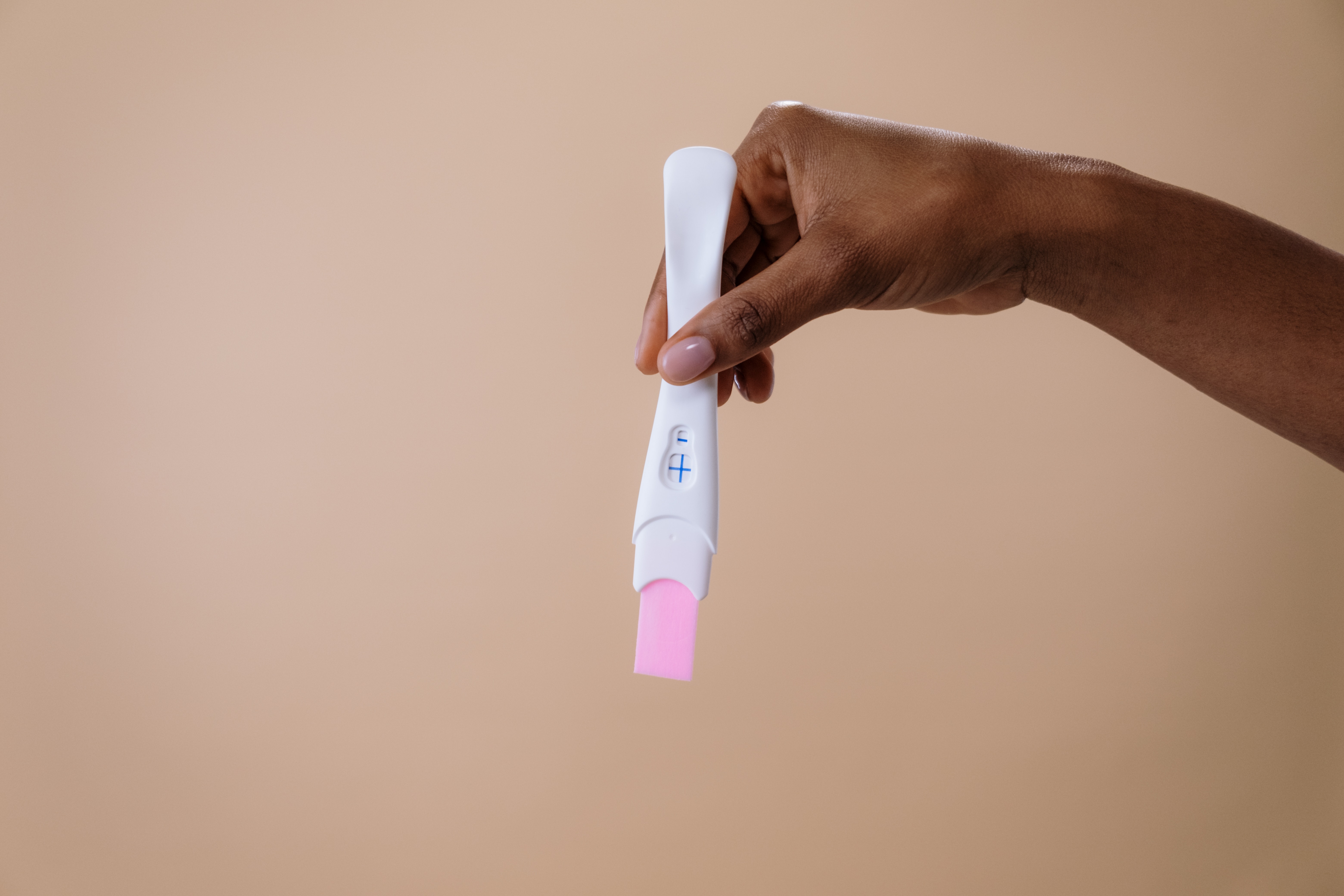
What Are The Signs Of Infertility In A Man
by Esther on July 10, 2023 , 8 min read
Male infertility is a common and often overlooked issue that affects a significant number of couples worldwide. While it is often assumed that infertility primarily stems from female factors, research shows that male infertility contributes to approximately 40-50% of all infertility cases. This highlights the importance of understanding and addressing male reproductive health in the context of fertility and family planning. We will explore the prevalence of male infertility, the factors that can contribute to it, and the available options for diagnosis and treatment. Whether you are a man facing fertility challenges or a partner seeking to understand and support your loved one, gaining knowledge about male infertility is a crucial step towards finding solutions and achieving the dream of starting or expanding a family.
How common is male infertility?
Male infertility is a common issue, affecting a significant number of couples struggling to conceive. Approximately 1 in 20 men experience some form of fertility problems. It is important to note that infertility does not necessarily mean a complete inability to conceive but refers to difficulties in achieving a pregnancy despite regular, unprotected intercourse.
The prevalence of male infertility varies depending on various factors, including geographic location, lifestyle choices, and age. Certain risk factors can increase the likelihood of male infertility, such as advanced age, chronic health conditions (e.g., diabetes), genetic disorders, hormonal imbalances, environmental exposures (e.g., toxins, radiation), certain medications, and lifestyle factors (e.g., smoking, excessive alcohol consumption, obesity).
H2 - Diagnosing male infertility problems:
When facing infertility, it is essential for men to undergo a thorough evaluation to determine the underlying causes. This typically involves a comprehensive medical history assessment, physical examination, and specialized tests.
Specialized tests play a vital role in diagnosing male infertility. One of the key tests is a sperm analysis, which evaluates various parameters of sperm health such as sperm count, motility, and morphology. This analysis provides valuable insights into the quality and quantity of sperm, helping to identify potential issues that could affect fertility.
Additionally, a testosterone test may be conducted to measure the hormone levels in the blood. Testosterone plays a crucial role in sperm production and overall reproductive function. Abnormal hormone levels, such as low testosterone, can impact sperm health and fertility.
In some cases, further tests may be recommended based on the initial assessment. These can include genetic tests, hormone profiling, imaging studies, or specialized procedures to evaluate sperm function or the reproductive system.
Identify the cause of your infertility:

Several factors can contribute to male infertility. Here are some common causes and associated signs:
1. Sperm Disorders:
- Abnormal sperm morphology (size and shape)
- Reduced sperm motility (ability to swim)
- Low sperm count (oligospermia) or absence of sperm (azoospermia)
- Ejaculation issues (such as premature ejaculation or delayed ejaculation)
2. Varicoceles:
- Swollen veins in the scrotum (varicocele)
- Dull ache or pain in the scrotum
- Visible or palpable swollen veins
3. Retrograde Ejaculation:
- Dry orgasms (little to no semen during ejaculation)
- Cloudy urine after ejaculation
- The reduced sensation during orgasm
4. Immunologic Infertility:
- Presence of antibodies that attack sperm
- Repeated failed attempts at pregnancy despite normal sperm parameters
5. Obstruction:
- Blockage or absence of the vas deferens (the tubes that transport sperm)
- History of genital infections or surgeries
6. Hormones:
- Abnormal hormone levels, such as low testosterone or elevated prolactin
- Changes in sexual function or libido
7. Medication:
- Use of certain medications that can affect sperm production or function
Surgical Therapy for Male Infertility:
In some cases, surgical interventions may be recommended to address specific causes of male infertility. For example, varicocele repair can improve sperm production and motility, while procedures like testicular biopsy can retrieve sperm for assisted reproductive techniques.

Treatment for Unknown Causes of Male Infertility:
In cases where the specific cause of male infertility cannot be identified or directly treated, assisted reproductive technologies (ART) provide valuable solutions. These advanced techniques, including intrauterine insemination (IUI), in vitro fertilization (IVF), and intracytoplasmic sperm injection (ICSI), offer viable options to overcome fertility challenges. In IUI, specially prepared sperm is placed directly into the woman's uterus during ovulation, increasing the chances of fertilization. IVF involves the retrieval of eggs from the woman, fertilizing them with sperm in a laboratory, and transferring the resulting embryos back into the uterus. ICSI, on the other hand, involves the injection of a single sperm directly into an egg to facilitate fertilization. These ART procedures provide hope and alternative pathways to parenthood for couples facing unknown causes of male infertility.
After Treatment:
After undergoing treatment for male infertility, it is crucial to prioritize post-treatment care and follow-up. Close monitoring allows doctors to evaluate the effectiveness of the interventions and make any necessary adjustments to the treatment plan. Regular follow-ups provide an opportunity to address any concerns, track progress, and ensure that the chosen approach is yielding the desired outcomes. Open communication with doctors is essential during this phase, as they can provide guidance, support, and further recommendations based on individual circumstances and responses to treatment. By actively participating in post-treatment care, individuals can optimize their chances of achieving successful outcomes and maintaining overall reproductive health.

To summarize, male infertility is a prevalent condition that can have a profound impact on a couple's ability to conceive. It is important to be aware of the signs of infertility in men and to seek proper medical evaluation for an accurate diagnosis and personalized treatment options. Fortunately, advancements in medical science have led to the development of various interventions, including sperm health medicines, testosterone lab tests, and therapies aimed at improving sperm count. Consulting with a doctor or reproductive specialist is crucial if you suspect infertility or experience any concerning signs. They can provide a comprehensive evaluation, recommend appropriate tests and treatments, and guide you toward the most suitable options to address your specific needs and increase your chances of achieving successful conception.